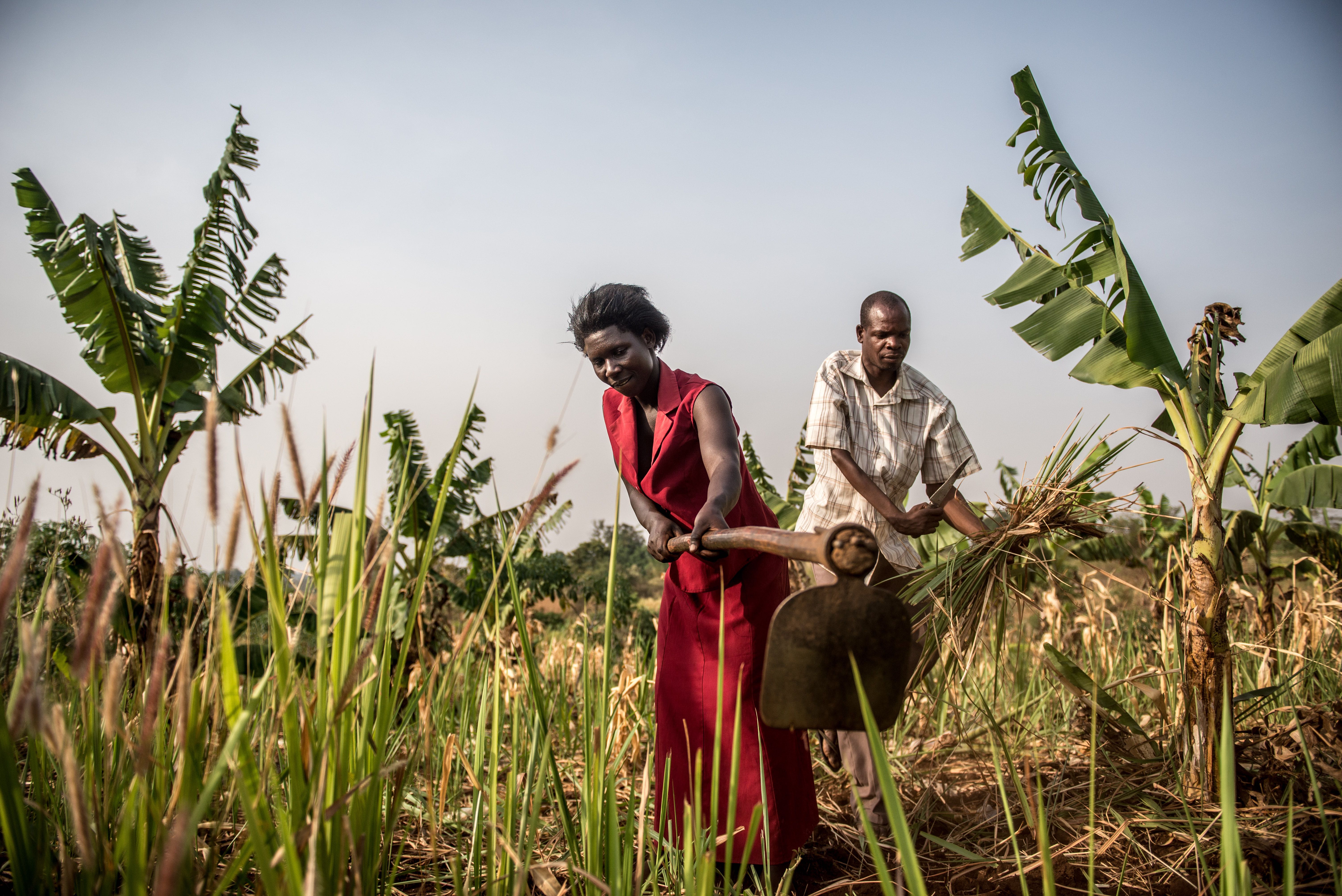
5 minute read
DECADE OF PROGRESS AND THE JOURNEY AHEAD: EVALUATING THE COMMONWEALTH'S PERFORMANCE ON DISABILITY INCLUSION
In 2023, the Commonwealth marks the 10-year anniversary of the Commonwealth Charter, a milestone that presents an opportune moment for reflection and evaluation. As the Chairperson of the Commonwealth Parliamentarians with Disabilities (CPwD) network, I offer this perspective on the Commonwealth's performance in upholding the principles and values enshrined in the Charter, particularly concerning persons with disabilities. The Commonwealth Charter, adopted on 14 March 2013, is a powerful document that reaffirms the Commonwealth's core values, including democracy, human rights, gender equality and the rule of law. At its heart, the Charter seeks to promote inclusivity, respect for diversity, and sustainable development among its member states. While the Charter is not legally binding, it is a joint commitment to uphold shared values and principles, promoting cooperation and collaboration among the various countries that make up the Commonwealth.
Over the past decade, the Commonwealth has made notable progress in promoting disability rights and social inclusion. First and foremost, the Commonwealth Parliamentarians with Disabilities (CPwD) network was established in 2017 as a significant initiative to advocate for the rights and representation of persons with disabilities within the Commonwealth's Parliaments. The network was formed to address the unique challenges faced by persons with disabilities and to ensure their meaningful participation in decision-making processes and policy formulation.
Secondly, several member states have taken significant steps to ratify and implement the United Nations Convention on the Rights of Persons with Disabilities (UNCRPD), signalling their commitment to protecting and advancing the rights of persons with disabilities. Encouragingly, disability rights have received increased attention in several countries’ national policies, legislation and development agendas. Many jurisdictions have introduced or strengthened disability-specific laws and policies, laying the groundwork for a more inclusive society.
One area in which the Commonwealth has demonstrated progress is in promoting the political representation of persons with disabilities. Many member states have witnessed the emergence of leaders who champion disability rights and act as advocates for a more inclusive political landscape. This shift in representation not only empowers persons with disabilities but also sets an example for other nations to follow.
Education and employment are crucial pillars of inclusivity. The Commonwealth has witnessed advancements in promoting inclusive education and improving employment opportunities for persons with disabilities. Member states have been working towards integrating persons with disabilities into mainstream educational institutions and vocational training programs, fostering an environment of equality and diversity.
Advancements in technology have played a vital role in promoting disability inclusion within the Commonwealth. Several Governments and organisations have embraced technological advances to make public services, digital platforms, and communication channels more inclusive and accessible. This progress is a testament to the Commonwealth's commitment to leveraging technology for the greater good of all citizens.
Despite the commitment to the principles of the Commonwealth Charter, there are disparities in the protection of disability rights and inclusive policies across member states. The Commonwealth must encourage stronger coordination and cooperation among member countries to ensure a more uniform approach to disability inclusion.
Reliable and comprehensive data on disability prevalence and the status of disability rights within the Commonwealth remains scarce. Robust data collection and monitoring mechanisms are essential for evidence-based policymaking and tracking progress towards disability inclusion. Moreover, persons with disabilities face significant socio-economic disparities, including limited access to healthcare, education, employment and social services. The Commonwealth must address these disparities and foster an environment that promotes equal opportunities for all citizens. Stigma and discrimination against persons with disabilities persist in various forms across the Commonwealth. Raising awareness, promoting disability-inclusive campaigns, and implementing antidiscrimination measures are crucial in combating these issues.
As we celebrate the 10-year anniversary of the Commonwealth Charter, we acknowledge the progress made in promoting disability rights and social inclusion within the Commonwealth. However, challenges persist, and there is much work to be done to achieve total inclusivity and equality for persons with disabilities.
In this endeavour, the CPwD network plays a pivotal role in advocating for the rights and needs of persons with disabilities. Collaboration between Parliamentarians, governments, civil society organisations and disability rights advocates is essential to drive positive change and accelerate progress. The Commonwealth must be a global leader in promoting disability inclusion, demonstrating that inclusivity is not a mere aspiration but a tangible reality for all citizens. By working together, we can build a more equitable, accessible and inclusive Commonwealth that celebrates diversity, values all its citizens and leaves no one behind.
As the Chairperson of the CPwD network, I call upon the Commonwealth and its member states and territories to continue their commitment to disability rights and inclusive policies. By sharing experiences, best practices and knowledge, the Commonwealth can work together towards building a future where every citizen, regardless of their abilities, can fully participate and contribute to their societies. Looking ahead to the next decade, the Commonwealth must redouble its efforts to ensure that disability inclusion is at the forefront of its development agenda. Let us seize this moment to renew our dedication to the principles of the Commonwealth Charter and to create a truly inclusive and equitable Commonwealth for generations to come!










